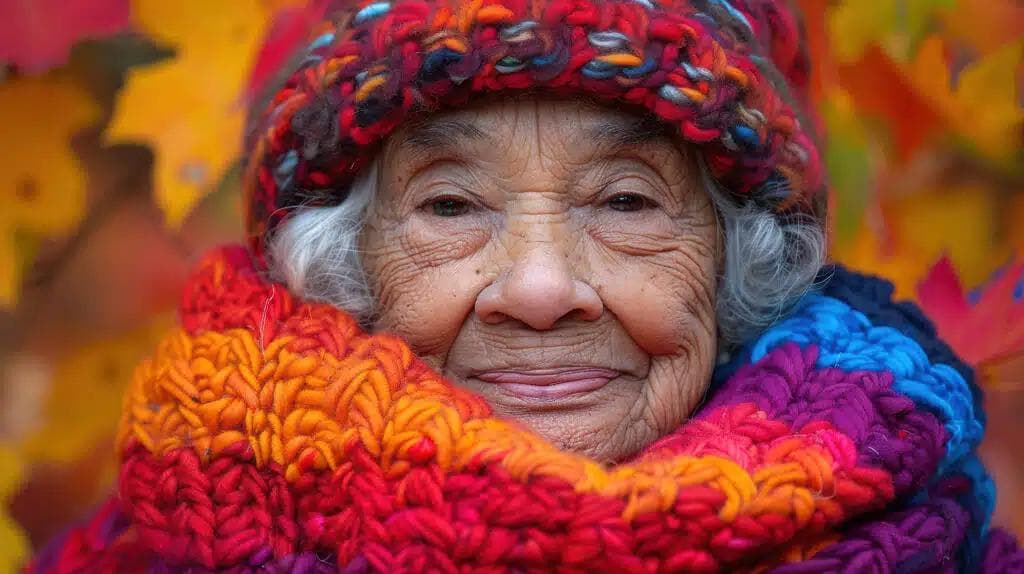
Nursing home abuse and neglect put vulnerable residents at serious risk, leading to malnutrition, dehydration, infections, and preventable injuries. When facilities fail to provide adequate care, residents suffer, and families are left feeling helpless. Lack of supervision, improper medical treatment, and unsafe conditions can result in devastating harm. Understanding the warning signs, knowing your legal rights, and holding negligent facilities accountable are crucial steps in protecting your loved ones. Learn how to take action and seek justice.
November 5, 2024
3 min
As nursing homes become increasingly diverse, understanding and addressing cultural differences has become crucial in providing high-quality care. The growing variety of cultural backgrounds among residents means that nursing homes must be equipped to meet a wide range of needs and preferences. Cultural sensitivity is essential because it affects every aspect of care, from daily routines to communication styles. When cultural differences are not respected or accommodated, it can lead to misunderstandings, discomfort, and a diminished quality of care. On the other hand, recognizing and valuing these differences can significantly enhance residents’ overall well-being, helping them feel respected, understood, and at home in their new environment.
Different cultures have distinct perspectives on aging, caregiving, and autonomy, which can significantly impact the care provided in nursing homes. For instance, some cultures may view aging as a revered stage of life, with elders receiving deep respect and deference, while others might emphasize independence and self-sufficiency. Recognizing these diverse views is crucial for nursing home staff, as it informs how they approach personal care routines. This includes understanding preferences for bathing, dressing, and mobility assistance and adapting their practices to align with residents’ cultural values. By acknowledging and respecting these differences, staff can offer care that is not only more respectful but also more effective, ultimately enhancing residents’ comfort and dignity.
Cultural care practices vary widely and can include specific needs or traditions that must be accommodated to provide respectful and effective care. For example, certain cultures may have particular touch preferences—some might prefer minimal physical contact, while others may find it comforting. Communication styles can also differ, with some cultures valuing indirect or non-verbal communication over direct verbal exchanges. Additionally, cultural practices related to modesty, personal space, or rituals surrounding daily activities can significantly affect how care is delivered. Understanding and integrating these cultural practices into daily routines helps create a more inclusive and supportive environment for all residents.
Providing culturally appropriate food is crucial for maintaining a resident’s comfort, dignity, and overall health in nursing homes. Familiar foods satisfy nutritional needs and play a vital role in preserving residents’ cultural identity and well-being. For many individuals, traditional dishes and dietary practices are deeply linked to their sense of self and community, making it important for nursing homes to accommodate these preferences.
However, meeting dietary restrictions based on cultural or religious practices can present challenges. For example:
Nursing homes can take several practical steps to provide diverse meal options that respect residents’ cultural and dietary needs. Collaborating with families and nutritionists is essential to develop meal plans that reflect cultural preferences and dietary restrictions. Families can offer valuable insights into traditional foods and practices while nutritionists ensure these meals meet nutritional requirements.
Additionally, flexible kitchen staff and individualized menus play a significant role in accommodating diverse dietary needs. Key strategies include:
By implementing these strategies, nursing homes can better serve their diverse populations and contribute to a more inclusive dining experience.

Language differences can significantly impact resident care, leading to misunderstandings and miscommunication about medical needs. When residents and staff do not share a common language, it can result in errors in treatment, incorrect medication dosages, or failure to understand important care instructions. Additionally, language barriers can contribute to feelings of isolation and frustration for residents, affecting their emotional well-being and overall quality of life. Addressing these barriers is crucial for ensuring that all residents receive accurate and compassionate care and fostering a supportive environment where they feel heard and understood.
Several practical solutions can help overcome language barriers and enhance communication in nursing homes:
By adopting these solutions, nursing homes can improve communication, reduce misunderstandings, and create a more inclusive and responsive care environment for residents of diverse linguistic backgrounds.
Religion and spirituality are significant in many residents’ daily lives and can be especially important during illness or transition. For many individuals, spiritual beliefs provide comfort, guidance, and a sense of purpose. Nursing homes must support these spiritual needs to enhance residents’ well-being and dignity. This support includes accommodating various religious rituals and practices, such as scheduled prayer times, using sacred objects, and adhering to dietary laws. Recognizing and respecting these practices helps create a compassionate environment that acknowledges and upholds residents’ beliefs.
Nursing homes can take several steps to support the diverse religious practices of their residents:
By implementing these strategies, nursing homes can create an environment that honors and supports the spiritual needs of all residents, contributing to their overall comfort and well-being.
Families play a crucial role in helping nursing homes understand and accommodate their loved ones’ cultural needs. Open communication between families and nursing home staff is essential for conveying cultural preferences and incorporating them into care plans. Families can provide valuable insights into their loved ones’ cultural traditions, dietary preferences, and religious practices, helping staff tailor care to meet these needs better. When nursing homes cannot fully accommodate specific cultural practices, families can support these practices by advocating for their loved ones and communicating any required adjustments to uphold cultural traditions.
Collaboration between families and nursing homes enhances the care experience for residents and ensures their cultural practices are respected. Families can contribute by sharing traditional recipes with nursing home kitchens, which helps ensure that meals align with residents’ cultural preferences. They can also help staff understand and facilitate religious observances and holiday celebrations. Additionally, families can participate in cultural events or celebrations organized by the nursing home, enriching the community and reinforcing residents’ cultural connections. Through such collaborative efforts, families and nursing homes can work together to create a more inclusive and supportive environment that honors residents’ cultural practices.
Cultural sensitivity is crucial in nursing home care, as it ensures that residents’ diverse cultural, dietary, linguistic, and religious needs are respected and accommodated. This approach significantly enhances residents’ quality of life, preserves their dignity, and fosters a strong sense of belonging. By embracing and valuing cultural differences, nursing homes can create a supportive and inclusive environment where every resident feels at home.
Michael Hill is a nationally recognized attorney who handles exclusively cases against long term care facilities. Michael and his firm, Michael Hill Trial Law, handle cases across the country.
Disclaimer: This information is provided for informational purposes only. Nothing in this article should be construed as providing legal advice or the creation of an attorney client relationship. Laws are updated frequently and change from state to state. If you desire legal advice, you can contact Michael Hill Trial Law at www.protectseniors.com, send an email to info@protectseniors.com, call (800) 659-2712 to begin an investigation, or contact another attorney.